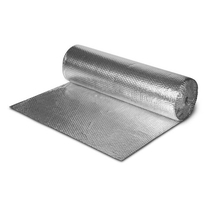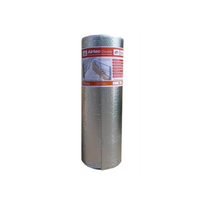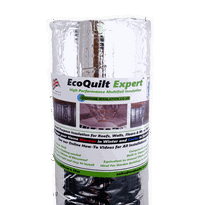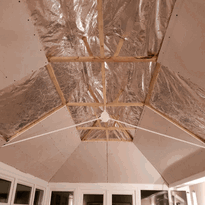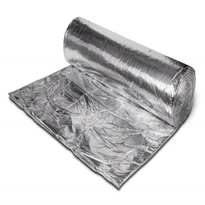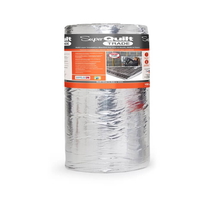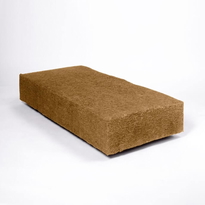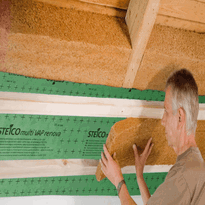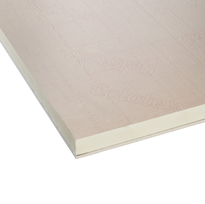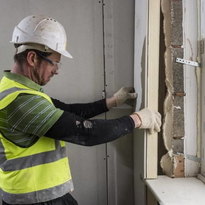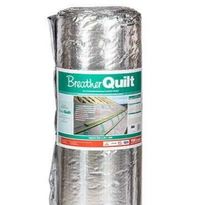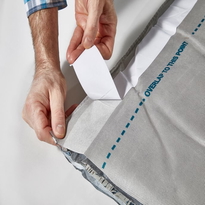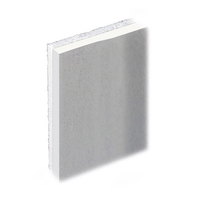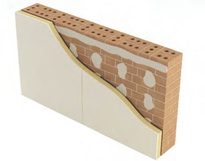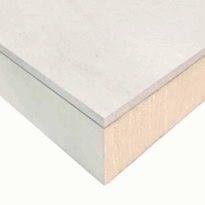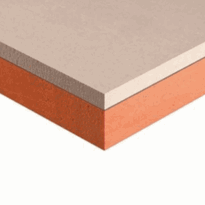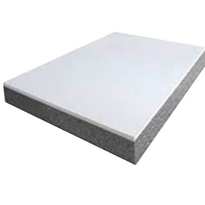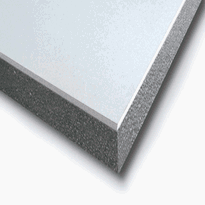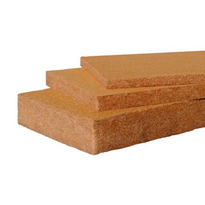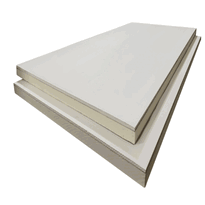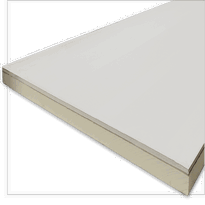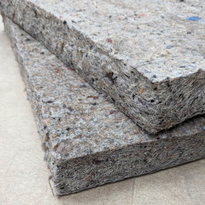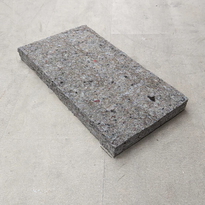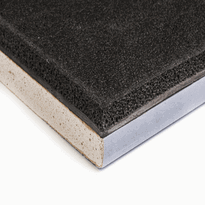Types of Insulation Suitable for Garage Walls
When selecting insulation for garage walls, it's important to consider the different types available, each with unique characteristics regarding thermal performance, installation methods, environmental impact, cost, and durability.
Fibreglass insulation, available in batts or rolls, is commonly used because of its affordability and ease of installation. It offers a good level of thermal resistance, with specific thermal transfer resistance measured in U-values rather than R-values.
Cellulose insulation, made from recycled paper, presents an eco-friendly choice that provides excellent soundproofing qualities. It typically has a low thermal transmittance, contributing to energy efficiency in the garage.
Spray foam insulation, especially closed-cell types, supplies superior air sealing and high thermal resistance. The U-values of spray foam can be very low, making it highly effective at preventing heat loss, although it requires specialised equipment for installation.
Rigid foam boards, such as expanded polystyrene (EPS) and polyisocyanurate (PIR), are known for their high thermal resistance and durability. They're particularly suitable for improving the thermal performance of garage walls while also offering resistance to moisture and impact.
Mineral wool insulation provides excellent soundproofing and fire-resistant qualities. Although it tends to be more expensive than fibreglass, its safety and fire resistance make it a popular choice in various applications.
Factors to Consider When Choosing Garage Wall Insulation
Selecting the appropriate garage wall insulation involves a careful assessment of several factors that influence both performance and practicality. Budget considerations may determine whether foam board, fibreglass, or recyclable insulation is suitable, as costs can vary significantly. Homes built before 2000 are less likely to have adequate insulation, so increasing existing R-values can be especially beneficial for older structures. Environmental concerns favour sustainable options made from recycled materials, making them an eco-friendly choice. Space and accessibility also impact installation methods, especially for finished or unfinished walls. Local climate and building regulations set required thermal transmittance values, which influence the choice of insulation type and thickness. Compliance with these standards ensures safety and efficiency. Ease of installation is another important factor; DIY enthusiasts might prefer fibreglass for its straightforward application, whereas spray foam insulation is better suited to professional installation. Understanding these factors helps to select an insulation solution that aligns with your project needs, local requirements, and long-term energy efficiency goals. Making informed choices fosters a sense of ownership and confidence in your home improvements.
Benefits of High R-Value Insulation in Garages
High thermal resistance insulation offers significant benefits in improving the energy efficiency of garages by reducing heat transfer through walls, helping to maintain a consistent indoor temperature throughout the year.
Insulation with a higher K-value effectively minimises heat loss during the winter and reduces heat gain in the summer, which can lead to potential energy savings of around 15%, as recognised by the Environment Agency.
This enhancement in thermal performance not only lowers utility bills but also diminishes environmental impact by reducing energy waste.
Furthermore, insulation with superior thermal resistance prevents draughts, cold spots, and temperature fluctuations, creating a more stable environment that enhances comfort and usability for hobbies, storage, or converted living spaces.
Over time, these advantages contribute not only to increased property value but also to ongoing financial savings, making high-quality insulation a worthwhile investment for UK homeowners.
Safety and Installation Tips for Garage Wall Insulation
Ensuring safety during the installation of garage wall insulation involves careful preparation and adherence to essential precautions to protect both the installer and the structural integrity of the space. Personal protective equipment, such as masks, gloves, and overalls, is vital to prevent inhalation and skin irritation from insulation materials. Eye protection safeguards against debris or spray particles, while proper ventilation reduces exposure to harmful dust. It is important to keep insulation away from heat sources, including electrical wiring, to prevent fires.
During preparation, remove existing drywall and debris, seal gaps with expanding foam, and ensure the area is dry and clean.
Adhering to these safety practices helps to create a secure environment for installing garage wall insulation effectively and safely.
Cost-Effectiveness and Environmental Impact of Insulation Options
Different insulation options vary significantly in both cost and environmental impact, making it essential to evaluate these factors carefully when choosing a solution for garage walls.
Cavity batt and roll insulation typically cost between £7.50 and £21.00 per square metre but are less environmentally friendly due to their fiberglass content. Fiberglass insulation is known for its low embodied energy compared to other materials.
Blown-in insulation, with prices ranging from £12.00 to £34.00 per square metre, can incorporate recycled materials, thereby reducing its environmental footprint.
Foam-injected insulation, which tends to be more expensive at about £12.00 to £54.00 per square metre, offers superior air sealing and durability but produces greenhouse gases during its application process.
Reflective barriers, generally costing between £3.00 and £15.00 per square metre, are energy-efficient in warm climates by reducing heat gain, thereby helping lower energy consumption.
Rigid foam boards, priced at approximately £14.00 to £45.00 per square metre, strike a balance between cost and performance, especially suitable for garages prone to moisture or that are unfinished.
When selecting insulation, it’s vital to consider both the initial investment and the environmental impact to ensure the most suitable and sustainable choice for your garage walls.
Conclusion
Selecting suitable garage wall insulation involves assessing various material types, with attention to their K-values, safety features, and cost-effectiveness. Proper installation techniques are essential to ensure safety and optimise energy efficiency, while understanding environmental impacts helps inform sustainable choices. By carefully considering these factors, homeowners and professionals can achieve durable, effective insulation that enhances comfort and reduces energy costs. Making well-informed decisions based on comprehensive and detailed assessments ensures maximum insulation performance tailored to the specific requirements of the garage.
